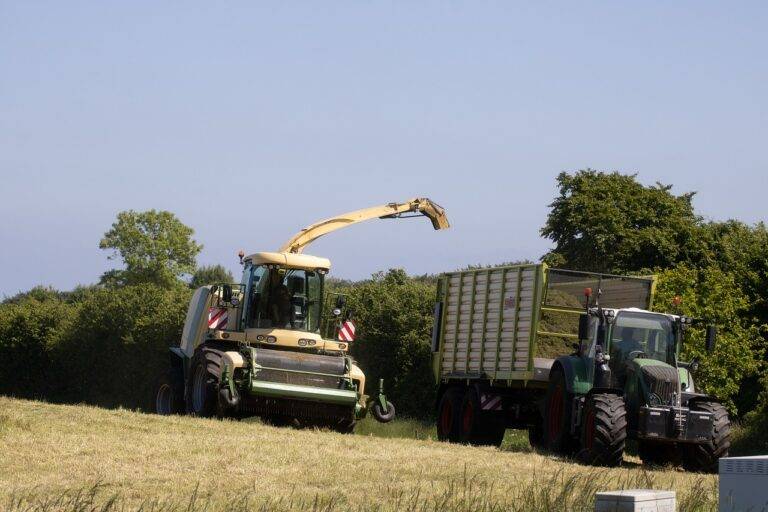Leveraging Recycled Asphalt Pavement in Road Construction: Business Perspectives: Lotusbook365, Welcome to play99exch, Allpannel
lotusbook365, welcome to play99exch, allpannel: Leveraging Recycled Asphalt Pavement in Road Construction: Business Perspectives
When it comes to road construction, sustainability is a growing concern for businesses in the industry. As resources become more limited and environmental concerns rise, finding ways to reduce waste and cut costs while maintaining high-quality infrastructure is essential. One solution that has gained traction in recent years is the use of recycled asphalt pavement (RAP) in road construction.
What is Recycled Asphalt Pavement?
RAP is the term used to describe asphalt that has been removed from existing roads, crushed, and then mixed with new asphalt to create a recycled mixture for use in road construction. This process helps to reduce the amount of new asphalt needed for projects, which in turn reduces the demand for natural resources and lowers costs.
Benefits of Using RAP
There are several benefits to using RAP in road construction. One of the primary advantages is cost savings. By incorporating recycled materials into new projects, businesses can reduce the need to purchase new asphalt, cutting costs significantly. Additionally, using RAP can help businesses meet sustainability goals by reducing their environmental impact and carbon footprint.
Furthermore, RAP has been found to perform just as well as virgin asphalt in terms of durability and longevity. This means that businesses can use recycled materials without sacrificing the quality of their infrastructure. In fact, some studies have shown that roads constructed with RAP actually perform better in certain conditions, such as in colder climates.
Challenges of Using RAP
While there are many benefits to using RAP in road construction, there are also some challenges to consider. One of the main concerns is the variability of the material. RAP can differ in quality depending on the source and the recycling process used. To mitigate this risk, businesses must work with reputable suppliers and conduct thorough testing to ensure the quality of the recycled material.
Additionally, there may be regulatory hurdles to overcome when using RAP. Businesses must ensure that they comply with local guidelines and standards for recycled materials in road construction. This may involve obtaining certifications or approvals from regulatory agencies to use RAP in their projects.
FAQs
Q: Is RAP more cost-effective than using virgin asphalt?
A: Yes, using RAP can result in significant cost savings for businesses in road construction.
Q: Are there any performance differences between RAP and virgin asphalt?
A: Studies have shown that RAP performs just as well as virgin asphalt in terms of durability and longevity.
Q: What are some challenges of using RAP in road construction?
A: Challenges may include variability in material quality and regulatory hurdles to comply with local guidelines.
In conclusion, leveraging recycled asphalt pavement in road construction can benefit businesses in multiple ways. From cost savings to environmental sustainability, using RAP offers a compelling solution for companies looking to enhance their infrastructure projects. By addressing the challenges and maximizing the benefits of RAP, businesses can create sustainable and high-quality roads for the future.







